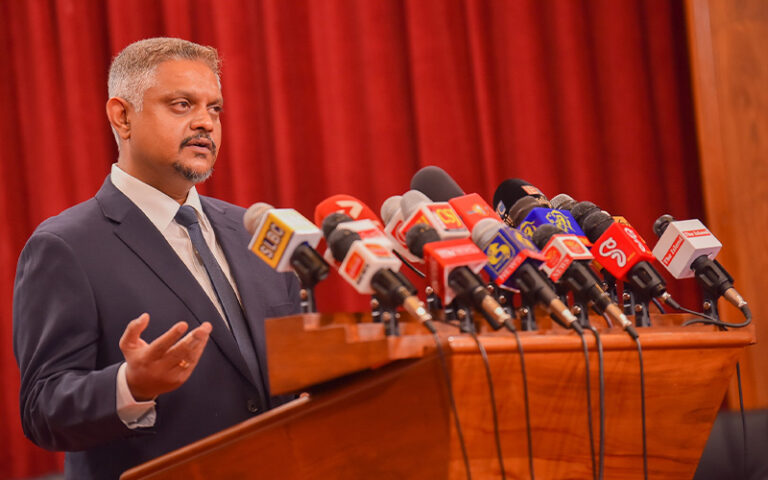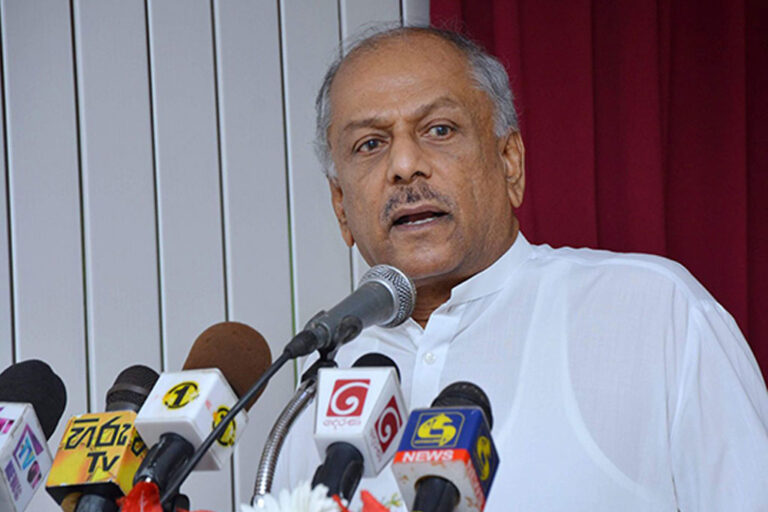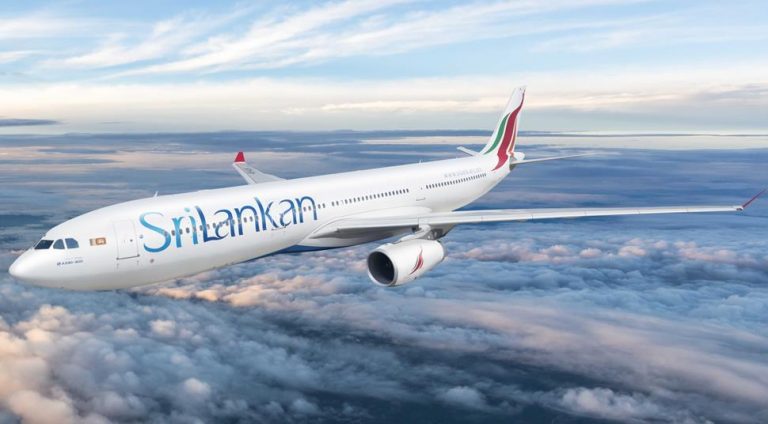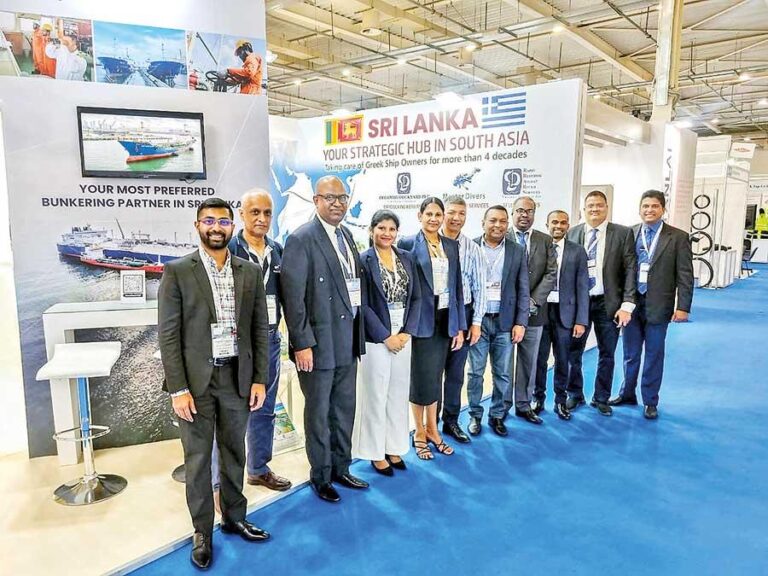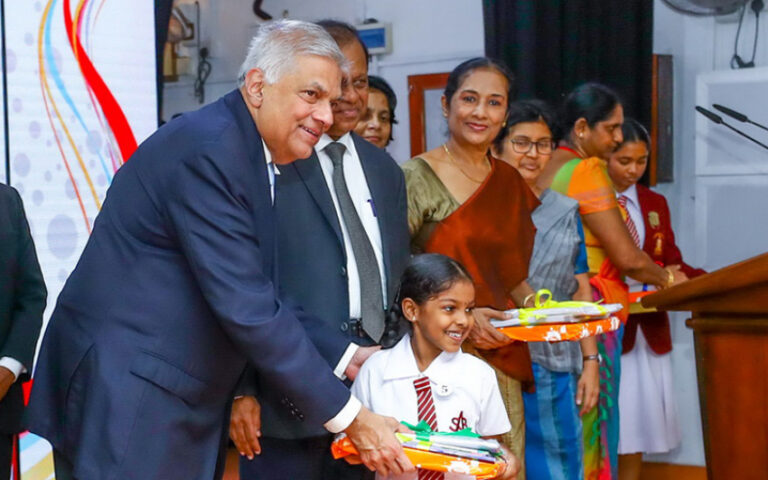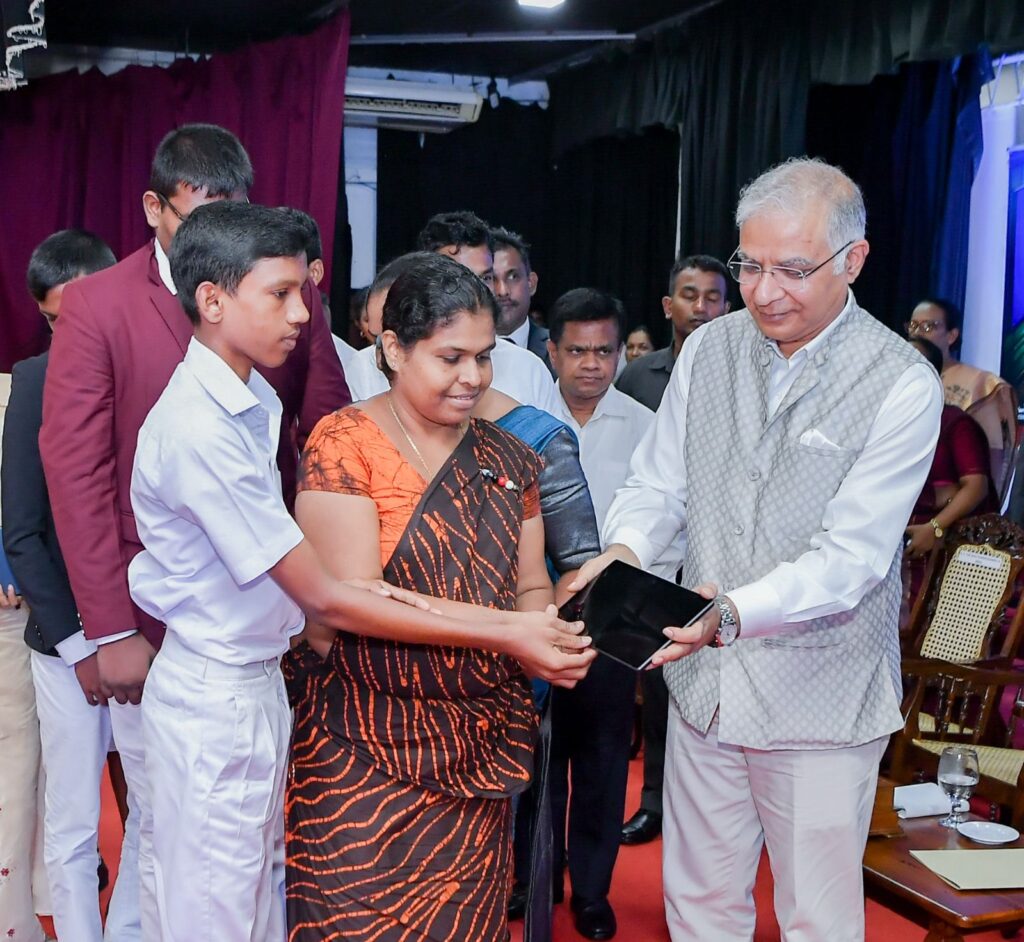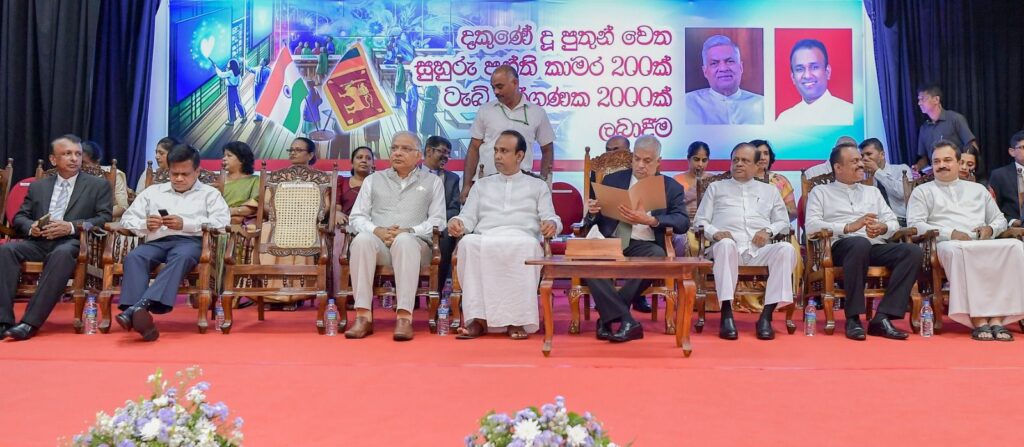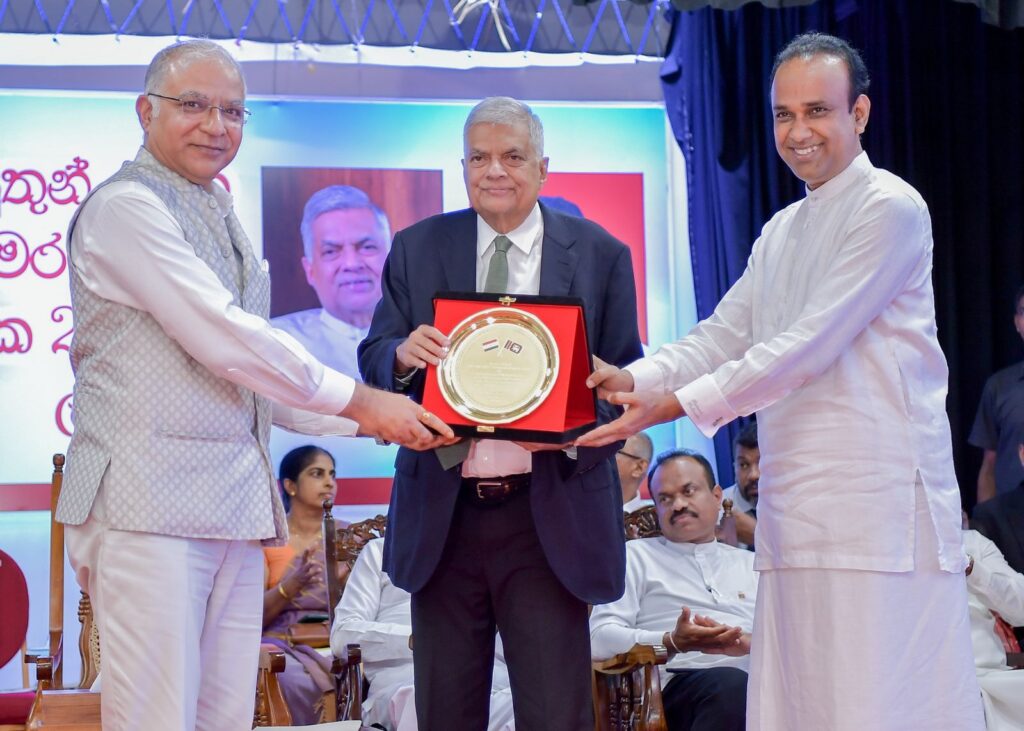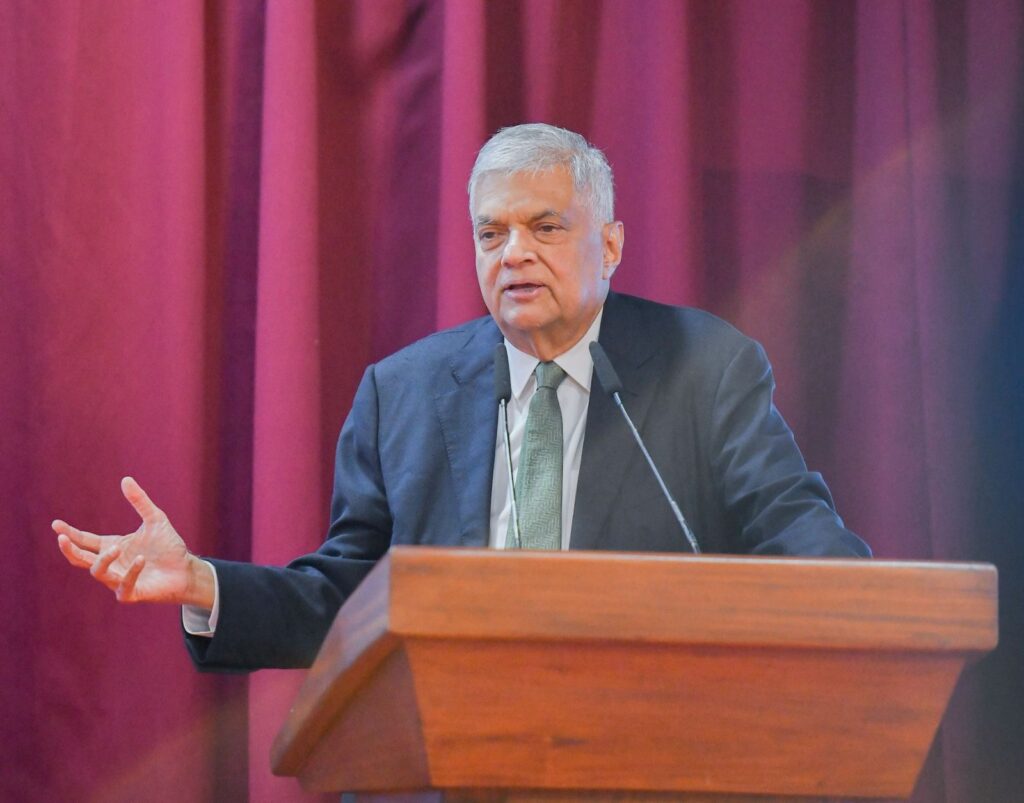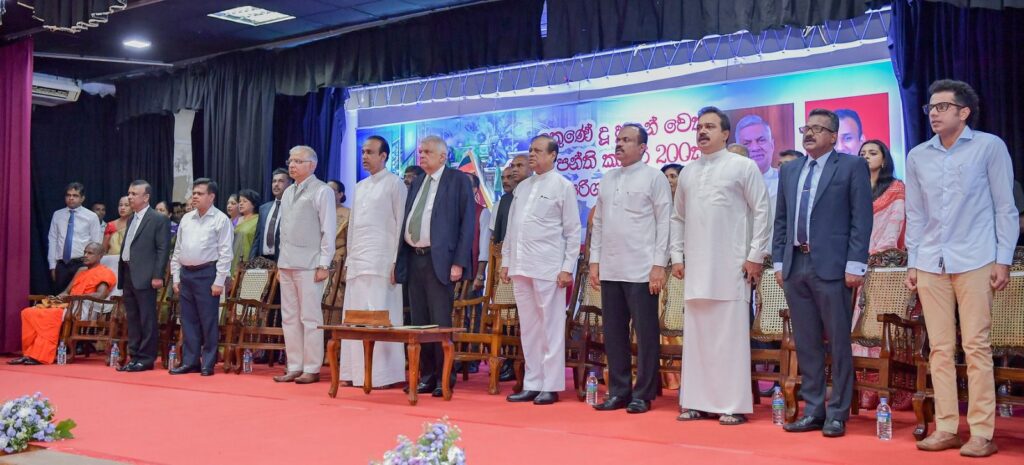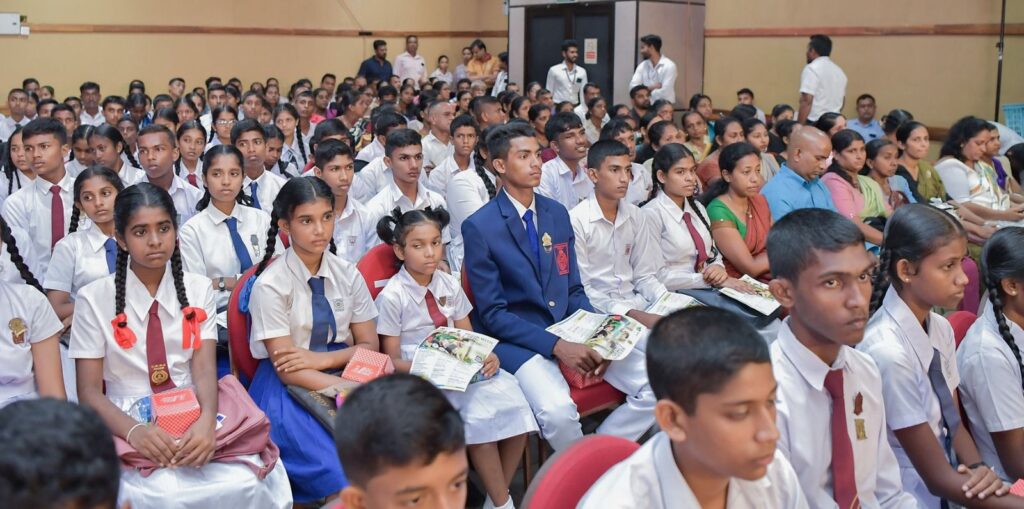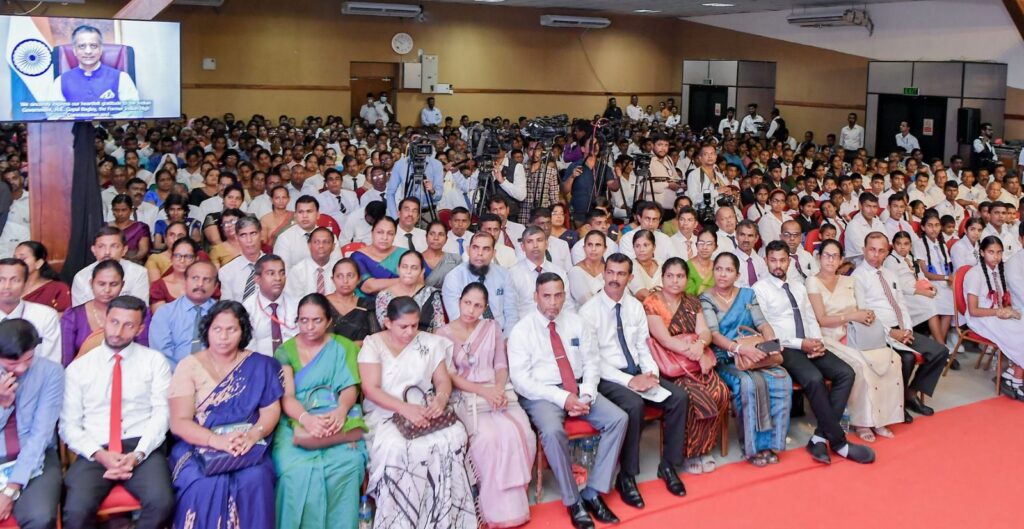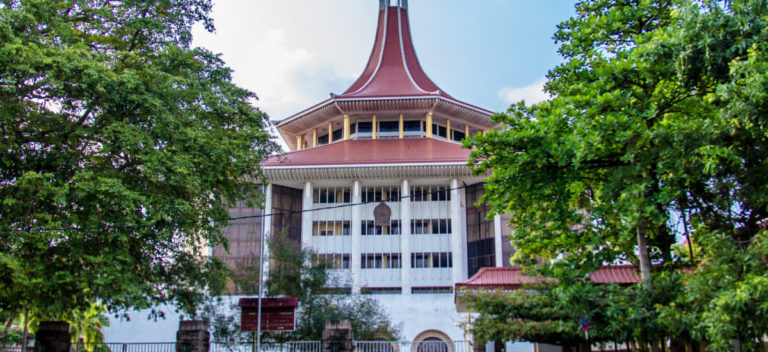July 09, Colombo (LNW): State Minister for Technology, Kanaka Herath, criticized recent strikes during a news conference held today (08) at the Presidential Media Centre under the theme ‘Collective Path to a Stable Country.’ He highlighted that unjust strikes launched on the eve of an election have deprived children of their opportunity to receive education.
The State Minister further asserted that the opposition should clarify whether these strikes and protests are intended to disrupt the comfortable living conditions currently enjoyed by the people.
Addressing the media, Herath said, “Since 2022, our ministry has initiated numerous policies and reforms. Several bills have been introduced in parliament, and additional bills are anticipated to be presented soon.
“We have also launched the 2020-2030 Digital Economy Plan in collaboration with the World Bank. Our goal is to expand the current USD 3 billion digital economy to USD 30 billion by 2030.
“Amendments to the Telecommunications Act are anticipated to be introduced in Parliament tomorrow (09), marking the first revision in 28 years. These amendments aim to enhance customer protection and foster fair competition among telephone companies. Previously, the act was restricted to telecommunications system licenses only. With the proposed amendments, the licensing process itself will undergo changes.
“There are also plans to utilize satellite technology for internet provision in the future. Efforts are underway to regulate and license undersea cable services. The Technology Promotion Act is slated for presentation this year.
“We expect to establish the Technology and Innovation Commission, which aims to allocate resources for national development and innovation, facilitate the commercialization of research, and provide advisory services.”
Regarding the current trade union activities, Herath noted, “A request has been made for a LKR 20,000 allowance for all government employees, necessitating an additional annual expenditure of LKR 280 billion. The opposition is urged to clarify how these expenses can be managed given the current economic situation.
“Furthermore, unjust strikes launched on the eve of an election have deprived children of their educational opportunities. Those participating in these strikes must understand that their actions impact the welfare of ordinary citizens.
“The International Monetary Fund (IMF) has recommended providing LKR 11 billion this year for low-income earners. The opposition parties should clarify whether their protests aim to disrupt the public’s access to a comfortable standard of living.”


